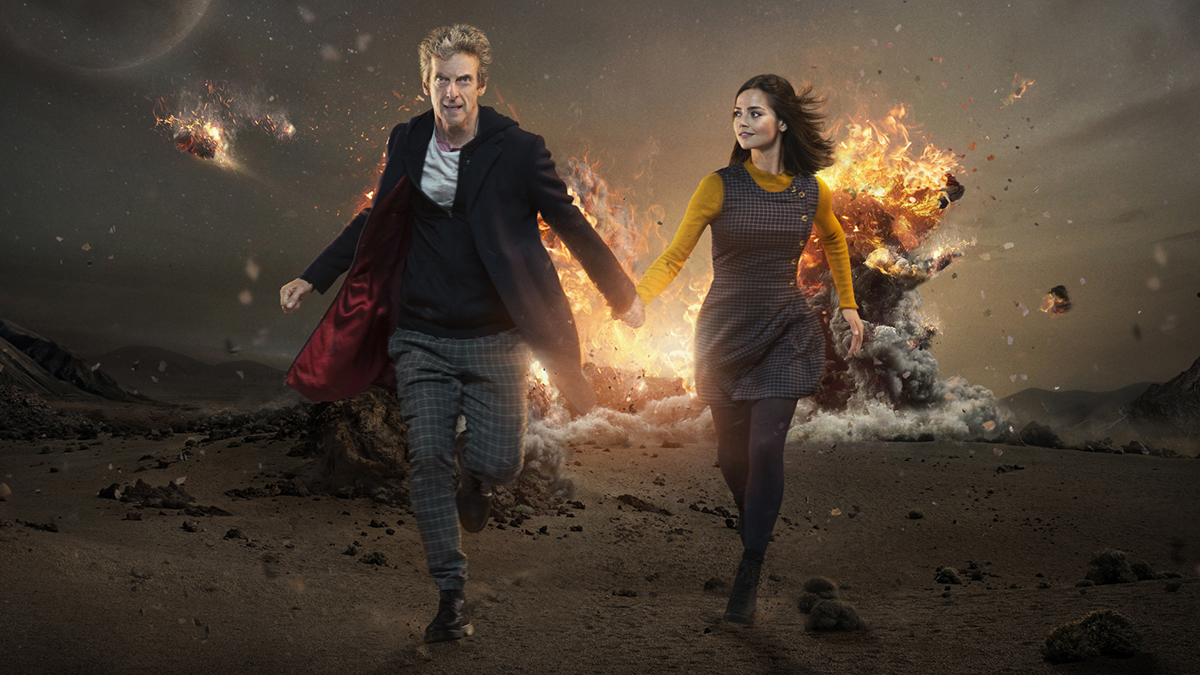Doctor Who Series 9 Review
 Supplied
SuppliedWith series 9 of Doctor Who complete and leaving fans emotionally wrought over the departure of companion Clara Oswald, there’s something else that leaves more satisfaction: the fact that showrunner Steven Moffatt has taken another step in edging the show towards resembling its older self.
With four two-part episodes, one standalone episode and a three-part finale, Moffatt has revived the cliff-hangers that used to mark the end of every half hour episode in the original series of the 1960s. The cliffhangers are something that was sorely missed by fans since the show came back in its one-hour format. It’s an old trick, but it works in generating suspense. Regardless if you’re an old fan or a newcomer to the show, suspenseful cliff-hangers have you eagerly anticipating next week’s episode. Sure, our favourite characters probably won’t die come next episode, but the stories made it look like it. Regardless, fans still wanted to know how these characters got out of tense situations. The strength of the two-part format clearly shows when the weakest story of the season is the one part story Sleep No More, which should have been a lot scarier than it turned out to be.
Peter Capaldi’s continues to be great as the Twelfth Doctor. While previous Doctors David Tennant and Matt Smith were youthful and jubilant, Capaldi’s older Doctor comes off as a lot more fierce and intense— having the authoritative presence a time-traveling alien over 2000 years old should have. While some fans found him a little too far on the misanthropic side last year, the writers made his take on the character more easier to like and less alienating to audiences. The days of “I am not a hugger” and “I am against bantering” were exchanged for an electric guitar and a newfound sense of humor. He hasn’t pulled an entire 180 though, as evident by his need for flash cards whenever he needs to come up with something nice to say when someone is about to die.
Showrunner and head writer Steven Moffatt is remaking the show to resemble old-Who with the Doctor as the main focal point. For the most part, old-Who was centered on the Doctor whereas the revival gave the companions more attention than before, especially during Russell T. Davies’ time as showrunner where the Doctor was sidelined by his companions and was made into a one note superhero because of it. In series nine, the Doctor takes center stage as he thinks and tinkers his way out of problems. The rewards of being invested in the Doctor as a character is an episode like “Heaven Sent” in which the Doctor is trapped in a claustrophobic nightmare realm with no escape while still grieving over the death of Clara the episode before. It’s a gripping episode as we watch the Doctor think his way out of this seemingly impossible and endless traps while he broods and asks himself why is he going on when his best friend is dead. This is one of the strongest thing about series nine, and will likely be something it will be remembered for down the line.
That is not to say that this season was flawless. Maisie Williams’ character sadly did not meet the hype that was set for her when it was announced that she’d be guest starring in the season. Additionally, Clara’s character in this season might be more evidence against Moffatt’s ability to write companions that make sense as her character suffers from bizarre inconsistencies that suggest that the writers didn’t know what to do with her. Ironically, the issue with writers not knowing what to do with the companions was something that plagued the original show to no end. Such flaws aside there is still plenty to enjoy in series nine.





Series 9 was mostly two-parters and was all the better for it.